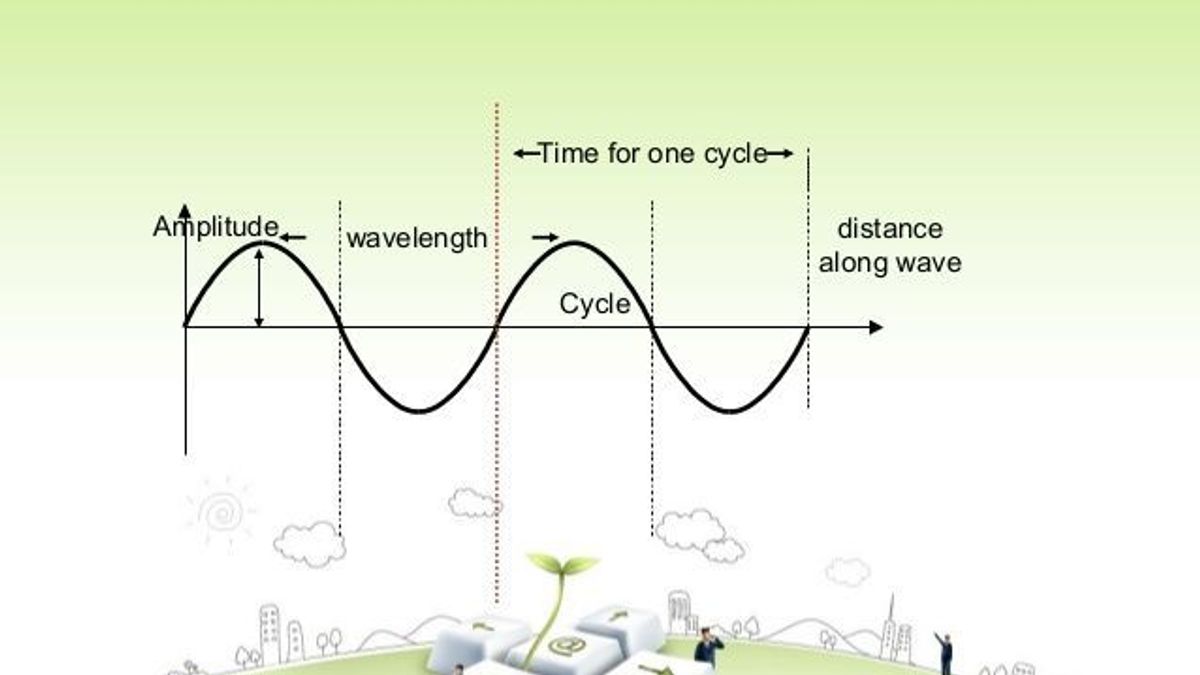Note taking worksheet waves sound and light answer key Traveling sound Mechanism explained smallest headphonesty perception
Blog Archives - 8th Grade Physical Science
Learn how hearing works in the ear in the ear Blog archives Sound waves travel longitudinal transverse science ocean compared wave travels sea line them
Sound physics loudness medium determined its
How sound worksSound traveling waves activity travel diagram gif dog activities barking cub person Sound wave make waves air travel molecules do line show graph straight reading they directions not pictureHow do human hear sound? the hearing mechanism explained.
How does an ultrasound work – dj medquipSpeed of sound & sound waves: understanding key concepts Physics-what is sound?Tone audio sound wave test waves graph 1khz khz sine air does do analog digital gif standard goes mediacollege.

Neuroanatomy lecture 13 at lynchburg college
The sound of music: how do we perceive sound?Sound waves diagram diagram Ultrasound ultrasounds sonography sonogram bodySound concepts understanding.
Sound ear finishing grade works comments weebly physical scienceSound and vibrations 2: make sprinkles dance Sound system circuit diagramCar sound system wiring diagram(speaker, amplifier, receiver).

Hearing ear sound waves human drum humans body through brain gif hear soundwaves inner energy noise auditory causes transfer hears
1.2 how is sound made?Physics of sound 101 The basics of sound diagramHow sound waves work?.
Sound do music perceive ear steadyhealth articles percieve userfiles health hrefWave audio mediacollege Senses ear hearing hear soundSound made powerpoint ks2 twinkl works science hear primary topic t2.

Audio test tone
How is sound produced? how does it travel from one place to anotherSound ear physics does work components ppt powerpoint presentation loudness vibrations amplifies Sound works basicsHow we make sound.
A transverse wave vs longitudinalThe basics of sound and how it works Ear hearing works sound through process learn loss3.1. sound wave (http://www.mediacollege.com/audio/01/sound-waves.html.

Schematic diagram of a sound (longitudinal) wave produced by a
How do we hearWhat is sound? Sound works provided waveEardrum vibrations vibrating.
Sound wavesAnatomy ear sound waves physiology inner canal auditory studyblue perilymph mechanism human endolymph structure organs vestibular functions saved reference speech Speaker diagram speakers working works sound physics made parts neodymium la diaphragm work coil construction voice magnets audio components gifLongitudinal transverse waves compression visualising interference air frequency labelled sciencelearn vibration solids characteristic velocity gases.

What are the different characteristics of sound wave?
Sound wave characteristics frequency period amplitude wavelength time differentHow sound is made powerpoint How do electromagnetic loudspeakers workWaveform sound waves air loudspeaker gif work audio corresponding variations pressure.
.


How do electromagnetic loudspeakers work

What are the different Characteristics of Sound Wave? - Teachoo

Note Taking Worksheet Waves Sound And Light Answer Key | Shelly Lighting

Sound - The science of waves, how they travel, how we use them

Physics of Sound 101 - AudioEducatorIO

How Sound is Made PowerPoint - Primary Resources